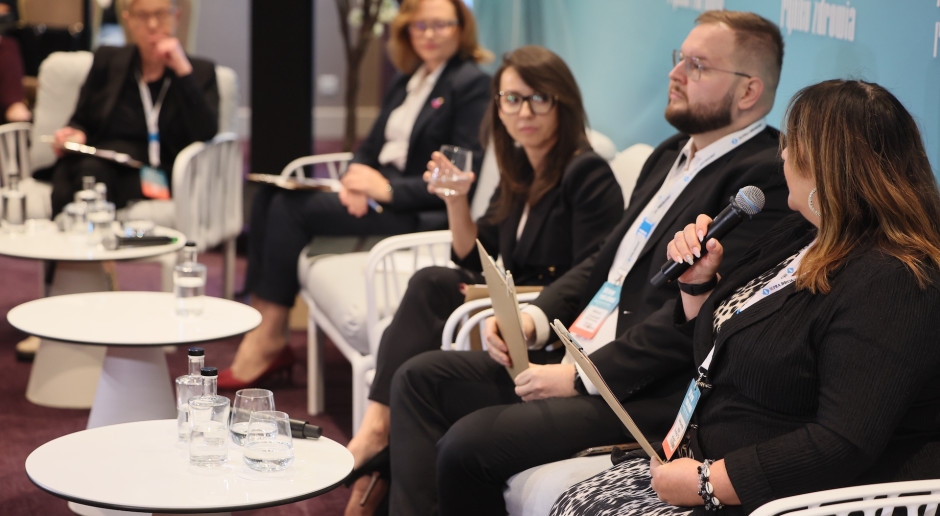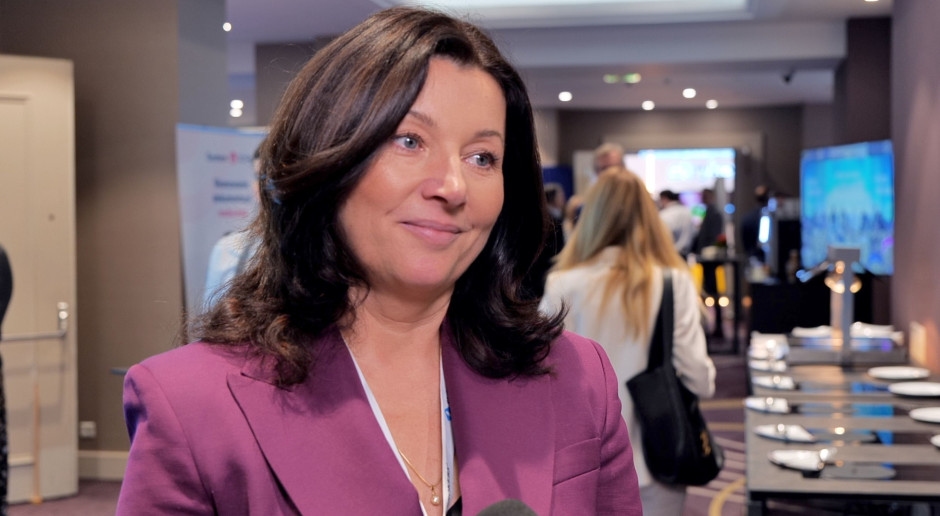Katowice/ An interdisciplinary look at ophthalmology - the first edition of the OCUMED conference took place

The first edition of the scientific conference "Ophthalmology and Medicine – OCUMED 2025" took place in Katowice. This is the first event in the region combining ophthalmology with other fields of medicine, including diabetology, endocrinology, and neurology.
In addition to scientific sessions and discussion panels, the conference also includes presentations of modern ophthalmological equipment, including devices using artificial intelligence in the diagnosis of eye diseases.
The conference is being led by Professor Dorota Wyględowska-Promieńska, MD, PhD, and Adrian Smędowski, MD, PhD, professor at the Medical University of Silesia. As the organizers emphasize, the aim of the event is not only to present new scientific achievements but also to integrate the community of specialists who provide holistic care to patients.
"This is an interdisciplinary meeting between ophthalmologists and doctors of other specialties, including allergists, dermatologists, diabetologists, and endocrinologists. We believe that limiting oneself to just one field is not good for the patient. Collaboration and exchange of experiences between specialists is essential today," Professor Dorota Wyględowska-Promieńska told the Polish Press Agency (PAP).
As the professor noted, one of the main topics of the conference is retinal vascular diseases, which are among the most common causes of vision loss.
"Arterial embolisms, venous thromboses, diabetic or hypertensive retinopathy are conditions that require collaboration between an ophthalmologist, an internist, a diabetologist, and a cardiologist. Poorly managed systemic disease always reveals itself in an ophthalmological examination at some point," she added.
The conference also features panels with specialists from various fields of medicine who discuss common clinical cases.
"It turns out that even an ophthalmologist's on-call often requires a neurological or surgical consultation. Eye diseases are often a symptom of systemic diseases, so such knowledge sharing is of paramount importance," noted Professor Wyględowska-Promieńska.
The event will feature presentations of technologies used in ophthalmological diagnostics. These include artificial intelligence-based devices that are transforming the way ophthalmologists work.
"New devices allow for faster and more accurate analysis of diagnostic images, and AI systems support doctors in diagnosing diseases. We strive to make examinations as minimally invasive and safe for patients as possible," emphasized the ophthalmologist.
According to Professor Wyględowska-Promieńska, the future of ophthalmology will be closely linked to the development of robotics and automation, although "the human factor will remain irreplaceable."
"Robotics will support surgeons, but I don't think it will completely replace them. In diagnostics, artificial intelligence is already accelerating the process of diagnosing diseases and reducing the burden on doctors in image analysis," she concluded. (PAP)
Science in Poland
jms/ bar/
The PAP Foundation permits free reprinting of articles from the Nauka w Polsce website, provided that you notify us by email once a month of your use of the website and cite the source of the article. On portals and websites, please include the linked address: Source: naukawpolsce.pl, and in journals, please include the annotation: Source: Nauka w Polsce website - naukawpolsce.pl. This permission does not apply to information in the "World" category or any photographs or video materials.
naukawpolsce.pl





